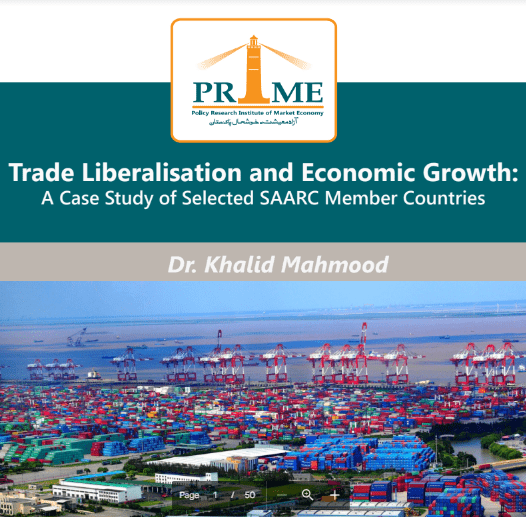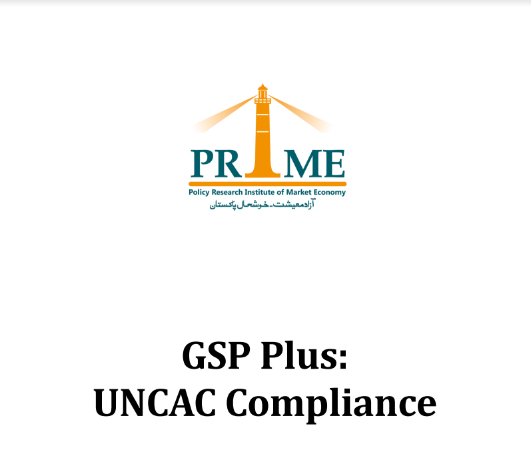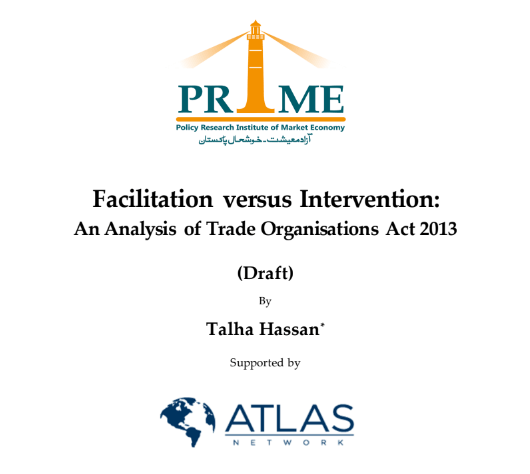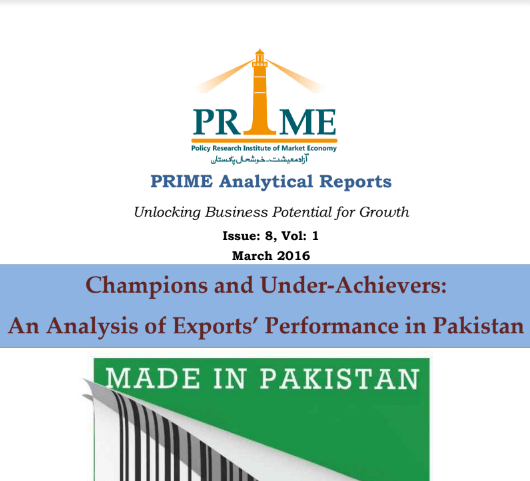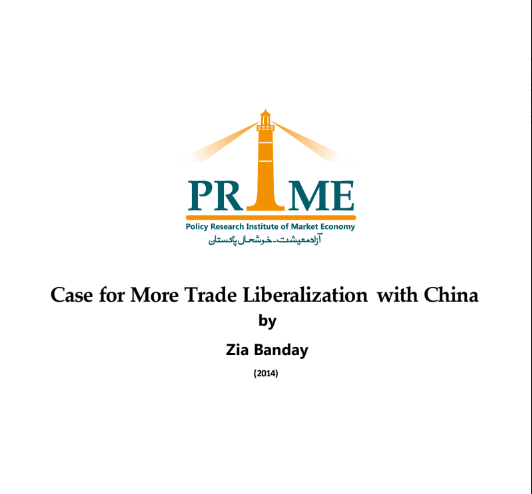Interest in the detection of determinants of economic growth and discovery of their nature of relationships with economic growth has been long standing. This is imperative that higher economic activity leads towards higher level of national output and improved living standards. But with the induction of new thoughts aged controversies went away, while indeed some new crept in. Topical research pinpoints the trade liberalization as a critical factor for economic well-being. What are the outcomes? Either positive or negative but accrual of trade obstructionis becoming a matter of concern with global implications. International trade has its unique importance, because protectionism and relaxation trade directly or indirectly affects the global economy and occasionally generates the world economic crisis. It is observed that trade problems are born before the universal crises struck, so one cannot deny the unmatchable significance of commercial policy for economic growth in any economy.
Click below to read full report:
Trade liberalization and economic growth – A case study of selected SAARC Countries
For inquiries, please contact info@primeinstitute.org or call at 03330588885.

